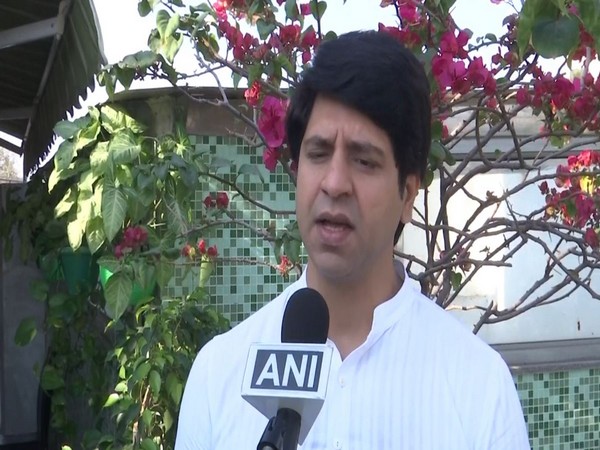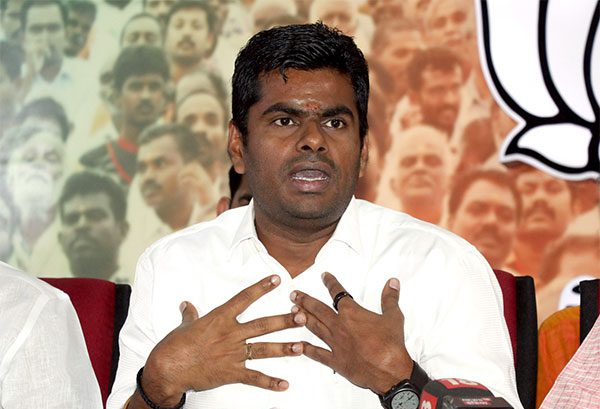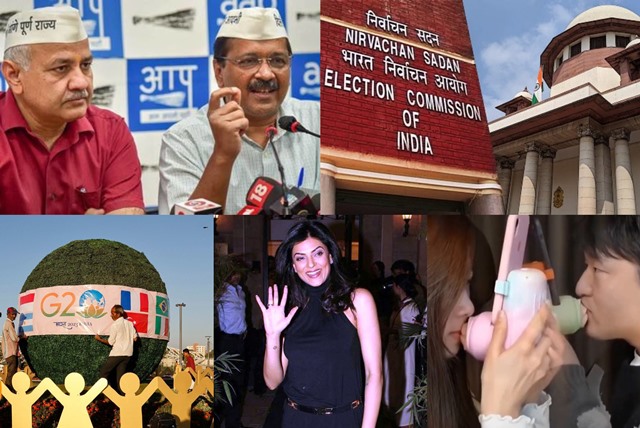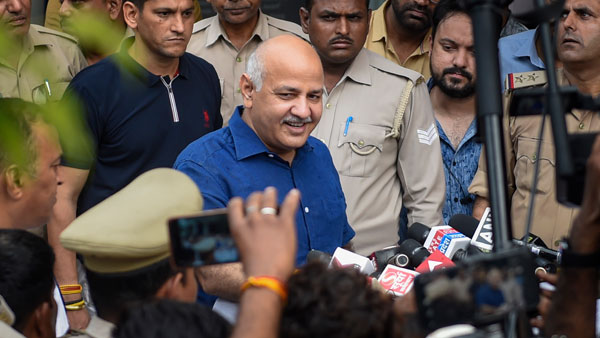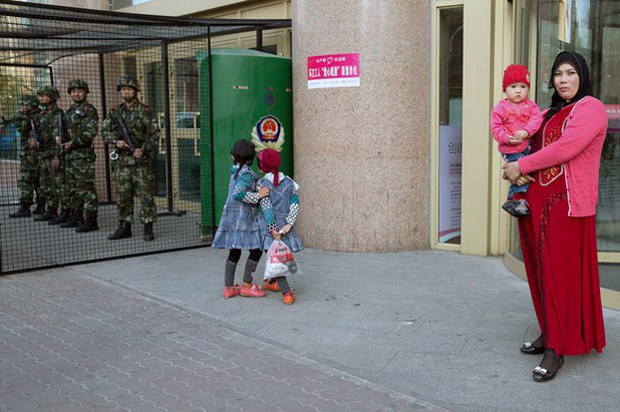Delhi’s liquor policy flipflop
Not so long ago, buying alcohol in most of India but especially in Delhi used to be an ordeal of Kafkaesque proportions. Let me give you one hilarious example of what it was like to buy, say, a bottle of whisky or rum or whatever your tipple of choice was in Delhi in the 1980s. Alcohol retailing was then controlled by the government almost entirely in the city. The city’s liquor vends were usually small hole-in-the-wall affairs, heavily protected by barred iron gates and customers had to make their purchases by asking for what they wanted and then, getting the bottles delivered between the iron bars.
Yes, it was a bit of a jail-like, Soviet-style operation. You couldn’t look for what you wanted. You had to ask for it and, often, you never got it but instead had to settle for whatever the sales guy, usually not particularly trained in customer services, would gruffly offer. There could be even more ridiculous situations. Once, a friend went to a liquor vend in south Delhi to buy a bottle of Old Monk Rum, those days a favourite of students perhaps because it was cheap and strong. It was quite near closing time for the store. The practice those days was to line up in one queue to pay for what you wanted and then stand in another with your receipt to get your purchase delivered. It was a weekend and both queues were long. Our friend managed to pay and get the receipt but as he stood in the slow moving second queue it was closing time and the vend shut down. My friend and a dozen others stood there with receipts in hand—they had paid for what they wanted to buy but they wouldn’t get it that day. They’d have to come back when the shop opened the next day!
I related this bizarre, but yes, true, story because it could put into perspective the controversy over the Delhi government’s attempt to first put in place a new liquor policy and then being forced to withdraw it under the shadow of an alleged scam that has seen the arrest of several people but most notably the city-state’s deputy chief minister Manish Sisodia who is the closest lieutenant of Aam Aadmi Party’s (AAP) president and chief minister of Delhi, Arvind Kejriwal.
Liquor laws, according to the federal structure and division of powers between the Centre and the states in India, are framed, enacted and implemented by states and the taxes on liquor sales accrue mainly to the states’ exchequers. Over the past several decades, many states have liberalized government controls over liquor sales by privatizing retailing of liquor or, for example, by allowing grocery chains to also have liquor sections. Conversely, some have stuck to their old practices. In Gujarat, for instance, there has been prohibition almost since India attained Independence from British rule. In Bihar, prohibition has been introduced more recently. As has been in Mizoram and Nagaland and in the Union territory of Lakshwadeep. But in other several other states, privatized retailing of liquor has been thriving for years.
Not in Delhi, though. Buying liquor in Delhi may have changed a bit from the Kafkaesque experience of my friend in the 1980s but it is still a sort of stigmatized activity. While there is a mix of private and government owned vends, the government-owned stores are still mostly not customer friendly. So, when a couple of years ago, the Delhi government’s excise department (Sisodia, among other things, also looked after excise) decided to privatize the retailing of liquor, it was expected to be customer friendly and forward looking. After all, privatization would probably bring in competition, and, therefore, better services and prices—all the things that are beneficial to customers.
That didn’t happen. Barely months after the new policy was introduced, it was scrapped. Liquor vending is back to being a government business. Sisodia and others have been arrested. The Central Bureau of Investigation (CBI), India’s premier investigation agency, has charged Sisodia with a number of things: he has been accused of allowing the creation of cartels: of allowing retailers to reap huge margins on sales: and depriving the government of large sums of revenue by changing the norms of taxing liquor sales. Implicit in the accusations is also allegations of kickbacks that he or his associates might have received for granting retailing licenses.
The charges are yet to be proved but there are issues that need to be examined correctly. First, is the new liquor licensing policy sound and fair for all concerned—customers, liquor vendors, and the government? Does it result to lower revenue from liquor sales for the government? Does it enrich retailers disproportionately because it allows high margins? Does the customer face price gouging or unfair pricing?
The second set of questions relate to the charges against Sisodia and the other accused. Have there been illegal kickbacks and other malpractices in the process of granting licenses? Has the state’s excise department willfully harmed the interest of the government? Have cartels of liquor sellers and manufacturers been encouraged by the policy makers?
The two sets of issues have different implications. The first set looks at whether the policy was inefficient. If it was, it was bad, but not perhaps illegal. If, however, any of the answers to the second set of questions are in the affirmative, then the accused should be brought to book. Delhi’s so-called liquor scam is not an open and shut case. At least, not yet.
A welcome step to ensure fair elections
For far too long, regulators in any sphere in India–financial markets, commerce and business-related affairs, and even elections—have always been appointed on the basis of their ability to kowtow to the regime in power rather than on the basis of their credentials of competence, credibility, fairness and unbiasedness. Governments in India (of every colour and stripe, by the way), have always chosen ‘trusted’ individuals to head organizations that investigate, regulate or implement laws in different spheres.
Elections are an activity where this phenomenon has been most in evidence. The apex regulator of elections is the Chief Election Commissioner of India (CEC). The CEC heads the Election Commission of India, a body constitutionally empowered to conduct free and fair elections to the national and state legislatures and of President and Vice-President.
It is easy to see in India’s noisy and massive electoral process why those in power would like to have ‘loyal’ (or, if you like, pliable) individuals in charge of regulating elections. And, with a few exceptions, this has been quite the rule. The CEC has often been a handmaiden of the ruling powers.
In that context, last week’s judgement by a Constitutional bench of the Supreme Court is viewed as a landmark instance. The bench directed that the CEC and Election Commissioners (ECs) will be henceforth appointed by the President on the advice tendered by a committee of Prime Minister, Leader of Opposition (LoP) in the Lok Sabha or the leader of the single largest party in opposition and the Chief Justice of India (CJI).
The court was quite unambiguous about the direction and said that “fierce independence, neutrality and honesty” envisaged in the institution of the Election Commission of India (ECI) requires an end to government monopoly and “exclusive control” over appointments to the highest election regulatory body.
It is a welcome direction and a much-needed reform. We can now hope that in appointments of other regulators for other aspects of India’s political, social, and economic activities, there will be a similar approach.
The G20 summit in India goes sour
When India hosted the G20 summit for the first time last week, it was with the hope that the focus would be on issues that concern developing countries like itself. But that was not to be. Sharp divisions and differences, primarily over continuing Russian offensive against Ukraine came in the way of the summit issuing a joint statement at its conclusion. The G20 or Group of Twenty is an intergovernmental forum comprising 19 countries and the European Union (EU). It works to address major issues related to the global economy, such as international financial stability, climate change mitigation, and sustainable development.
Instead, at the G20 summit, hosted by India in New Delhi, tensions ran high with Russia and the West trading charges on the war in Ukraine with angry exchanges dominating the proceedings. Russia accused the West and the US of “blackmail and threats”. The US said Russia’s actions in Ukraine were “unprovoked and unjustified”. In the end it was an unproductive summit that went sour.
Mind your young heart
It took a disclosure by a Bollywood actor to bring the focus back on heart health. Last week Sushmita Sen, 47, revealed via social media that she had suffered a heart attack recently and had to undergo angioplasty. It highlighted the growing incidence of relatively young people, in their 30s and 40s, suffering sudden heart attacks or other cardiovascular complications.
There have been instances of young people suffering heart attacks, some even fatal ones, while working out in gyms, or doing regular activity. This has brought the focus back on whether many so-called successful people also may be leading stressful lives that can pose potential risks.
If personalities such as Sen and other celebrities that have faced similar critical junctures in their lives decide to start campaigns encouraging young people to take better care of their health and well-being, it could have a positive impact on many people’s lives.
A virtual kissing machine
Are you in a long distance relationship and missing being with your partner? Don’t fret, because China may have a solution for you. Students at a Chinese university have created a “remote kissing device” for people in long-distance relationships.
Gross it may seem but the 3-D gadget is made of silicon and has a mouth-shaped module that is “triggered through a kiss that is then transferred to the mouth on the other side”. Patented by an institute in Changzhou, the gadget is believed to mimic the movement, temperature and pressure of the kiss using sensors, and links to phones via Bluetooth and an application.
Now, if the only key to nurturing a relationship was by kissing a lip made of silicon!
Read More:https://lokmarg.com/

